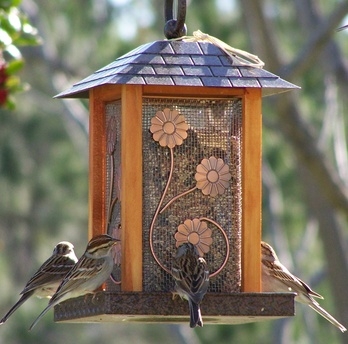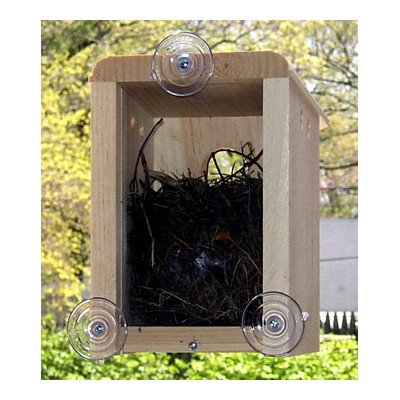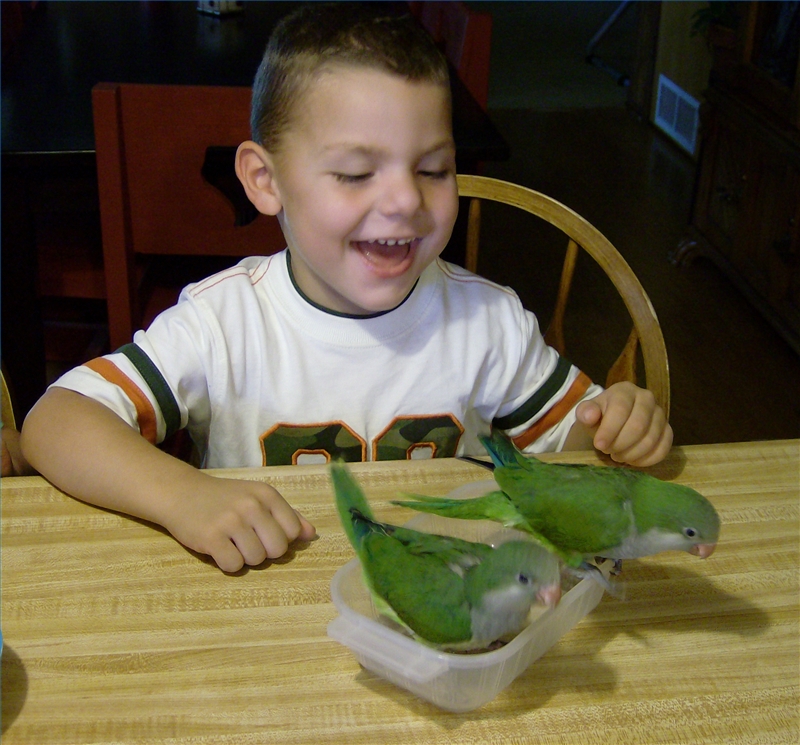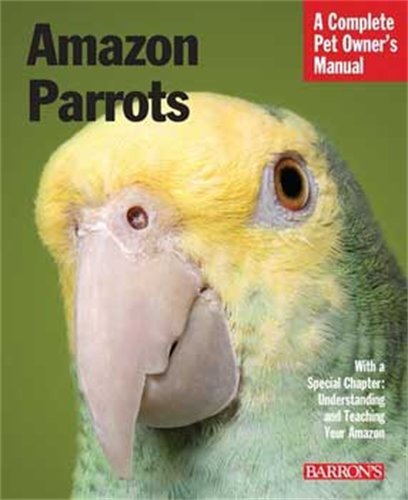You and your family, including pets, will be spending more time outdoors during warmer months. But the new season can also bring along dangers for our pets, and the last thing you would want is an accident. The death of one of your beloved pets along with a pet memorial is not a good summer memory. So here are some tips to help your pets stay safe this summer.
Warm weather means it is time to plant pretty flowers in the yard. However, many species of plants and flowers are poisonous to pets. And plant pesticides can also be deadly for your pets. Your veterinarian should have a complete list of plants and flowers in your area that should be avoided. Also make sure to check the labels of gardening products you purchase for pet safety, or use organic pesticides and fertilizer in your garden.
Common flowers that are poisonous include: Amaryllis, Azalea, Chrysanthemums, Cyclamen, Daffodils, Easter cactus, Hyacinth, Lilies, Narcissus, Oleander, and Tulips. Even your pet birds can die from chewing on a Lilly.
Did you know that mulch sometimes contains cocoa bean shells which dogs love to chew on? When ingested this can lead to problems so make sure to check the bags of mulch you purchase see if there are any cocoa beans inside.
Just like humans, pets can get allergies too so keep an eye out for itchy skin irritations, ear infections, loss of hair, or a runny nose and sneezing. Also pets with pink noses can be sensitive to the sun, requiring sun screen if they are outdoors for long periods of time. Make sure to check with your veterinarian.
If your pets live outside see to it that you turn the lights on for them at night. Older dogs and cats can begin to get blind so they need light, just like people, to see better in darkness.
Check often for spider webs, mice and rodent droppings in sheds or garages, then make sure you call an expert if needed to remove them. And while you are at it you should also look around your yard and remove glass, toys and items such as bottle caps, nails, tires or tools with jagged edges. Check to see if there are any buckets or toys, like wagons, that could collect water. Then remove all "standing water" and turn these items upside down. Make sure that you change the water often in all ponds or pools.
See to it that any holes dug in your yard are filled up. Check around your barbecue and make sure gasoline, kerosene, or propane is sealed in tamper proof containers away from fire area. Also, the last thing anyone wants is for a pet to escape through a hole in the fence, and get hit by a car - so check fences often to prevent this.
Family members should be prepared for emergencies so have your vet's number handy for everyone to locate, including housekeepers and babysitters. Almost every town also has a 24 hour emergency clinic, so post that number where everyone can easily find it too.
If an unavoidable accident happens, or an older pet dies, this is also something that your family should be prepared for. Chat with family members about how they would like to deal with a deceased pet. Think about cremation versus burial. And remember, when a pet dies, children often take this news hard and it can be helpful to let them participate in choosing a lovely garden grave marker, or a pet urn for their friend. Help them through it by allowing them to have a pet memorial service. Teach children that death is simply a part of life, and although it's very sad, this too will pass as time goes on. You can encourage them to share their memories and photos of their pet on one of the websites especially for grieving lost pets.

 How to Make a Wooden Bird House Pole System
How to Make a Wooden Bird House Pole System
How to Make a Wooden Bird House Pole System
How to Make a Wooden Bird House Pole System
 Pros and Cons for Buying or Building an Aviary for Your Birds
Choosing an AviaryBeautiful
Pros and Cons for Buying or Building an Aviary for Your Birds
Choosing an AviaryBeautiful
 How to Handfeed a Baby Bird
How to Handfeed a Baby Bird
How to Han
How to Handfeed a Baby Bird
How to Handfeed a Baby Bird
How to Han
 Important Reasons Why Sail Insurance Is So Important
Really of us must take out vacationing insurance when step
Important Reasons Why Sail Insurance Is So Important
Really of us must take out vacationing insurance when step
 The Blue
ParrotsThat TalkThe Blue-Che
The Blue
ParrotsThat TalkThe Blue-Che